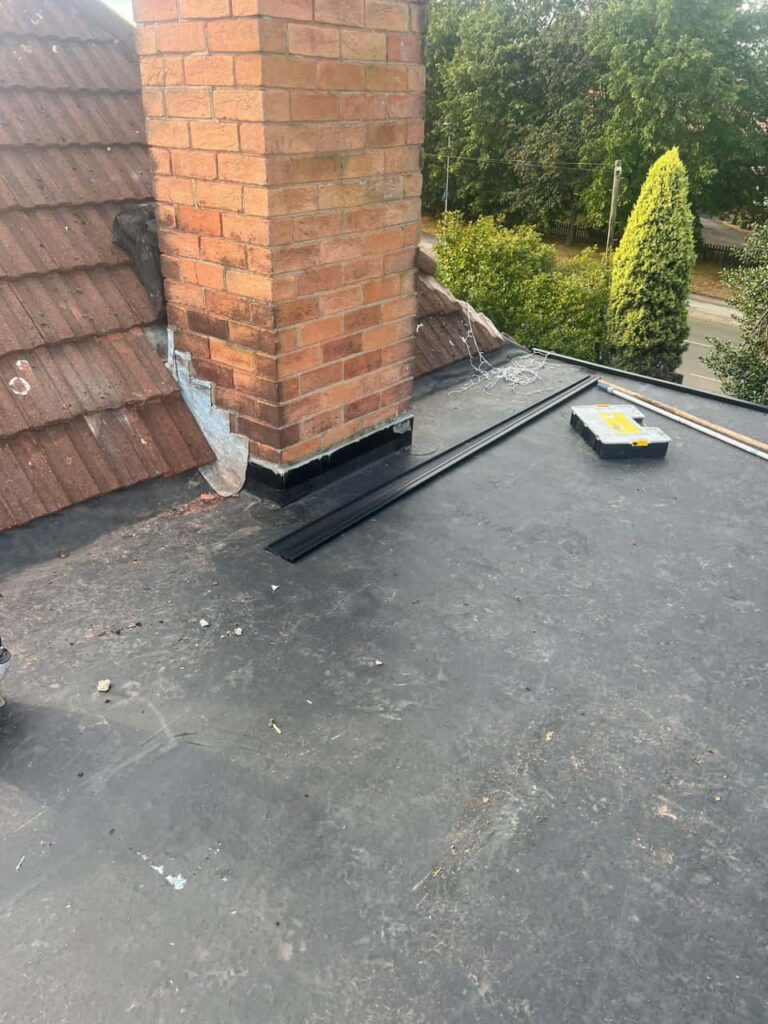Introduction: As sustainability becomes increasingly important in the construction industry, commercial property owners seek ways to enhance energy efficiency and reduce environmental impact. One key consideration in achieving these goals is the selection of roofing materials with high Solar Reflectance Index (SRI) ratings. Understanding SRI ratings and their impact on commercial roofing systems is essential for making informed decisions that promote energy savings, reduce cooling costs, and contribute to a greener future. In this guide, we’ll explore the concept of SRI ratings and their significance in selecting commercial roofing materials.
What is the Solar Reflectance Index (SRI)?
- Solar Reflectance Index (SRI) measures a material’s ability to reflect solar radiation and emit absorbed heat. It is calculated based on two key factors: solar reflectance (the fraction of solar energy reflected by the surface) and thermal emittance (the ability of the surface to release absorbed heat). SRI ratings range from 0 to 100, with higher values indicating greater reflectivity and lower heat absorption.
Importance of SRI Ratings for Commercial Roofing:
- SRI ratings play a crucial role in determining commercial roofing systems’ energy efficiency and performance, particularly in hot climates or urban environments where heat buildup can be a significant issue. Property owners can reduce the amount of heat absorbed by the roof surface by selecting roofing materials with high SRI ratings, thereby lowering indoor temperatures, reducing cooling costs, and minimising the urban heat island effect.
Benefits of High SRI Roofing Materials:
- Investing in roofing materials with high SRI ratings offers numerous benefits for commercial properties, including:
- Energy Savings: High SRI roofing materials help reduce the demand for air conditioning by keeping indoor temperatures cooler, resulting in lower energy consumption and utility bills.
- Extended Roof Lifespan: By minimising heat absorption and thermal stress, high SRI roofing materials can prolong the lifespan of the roof membrane, reducing the need for frequent repairs or replacements.
- Environmental Impact: Using high SRI roofing materials contributes to environmental sustainability by reducing greenhouse gas emissions associated with energy production and mitigating the urban heat island effect.
- Regulatory Compliance: Many building codes and green building standards require or incentivise using high SRI roofing materials to promote energy efficiency and environmental responsibility.
Types of High SRI Roofing Materials:
- Several types of commercial roofing materials offer high SRI ratings and are well-suited for energy-efficient roofing systems, including:
- Cool Roof Coatings: Reflective roof coatings applied to existing roofs can significantly increase solar reflectance and thermal emittance, improving energy efficiency and reducing cooling costs.
- Thermoplastic Roof Membranes: Thermoplastic roofing materials such as TPO (olefin) and PVC (polyvinyl chloride) offer high solar reflectance and are commonly used in commercial roofing applications.
- Metal Roofing: Metal roofing systems with reflective coatings or finishes provide excellent solar reflectance and thermal emittance, making them ideal for energy-efficient roofing solutions.
Considerations for SRI Ratings:
- When selecting commercial roofing materials based on SRI ratings, it’s essential to consider factors such as climate, building orientation, local regulations, and project budget. While high SRI ratings are desirable for reducing cooling costs and enhancing energy efficiency, other factors such as durability, maintenance requirements, and aesthetic appeal should also be considered to ensure the roofing project’s overall success.
Conclusion: Solar Reflectance Index (SRI) ratings are crucial in selecting commercial roofing materials, offering property owners a means to enhance energy efficiency, reduce cooling costs, and minimise environmental impact. By investing in roofing materials with high SRI ratings, commercial property owners can achieve significant energy savings, prolong the lifespan of their roofing systems, and contribute to a more sustainable built environment. As sustainability drives innovation in the construction industry, understanding and leveraging SRI ratings will remain essential for achieving energy-efficient and environmentally responsible commercial roofing solutions.
Call us on: 0115 647 1193
Click here to find out more about Hucknall Roofing Repairs
Click here to complete our contact form and see how we can help with your roofing needs.

